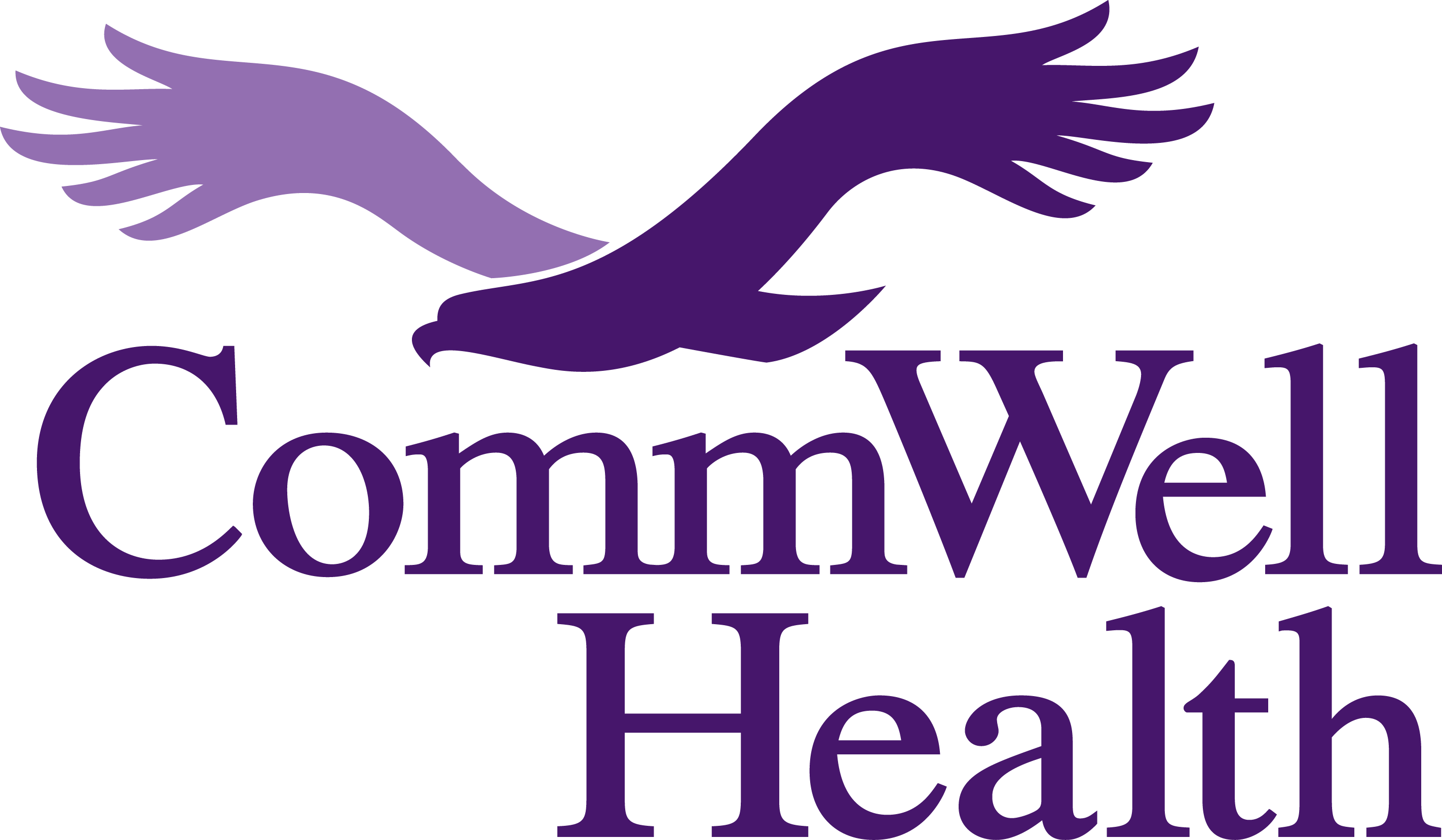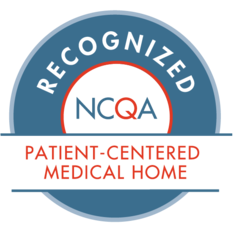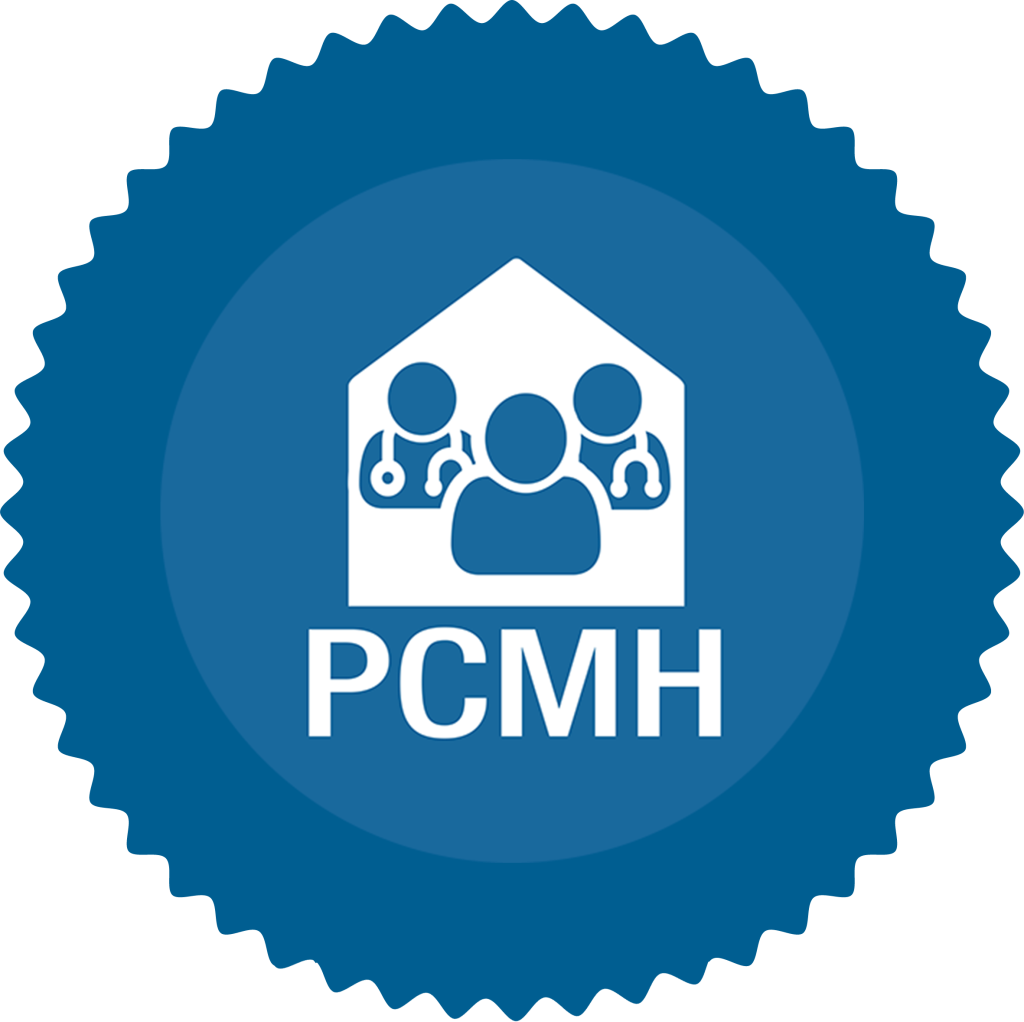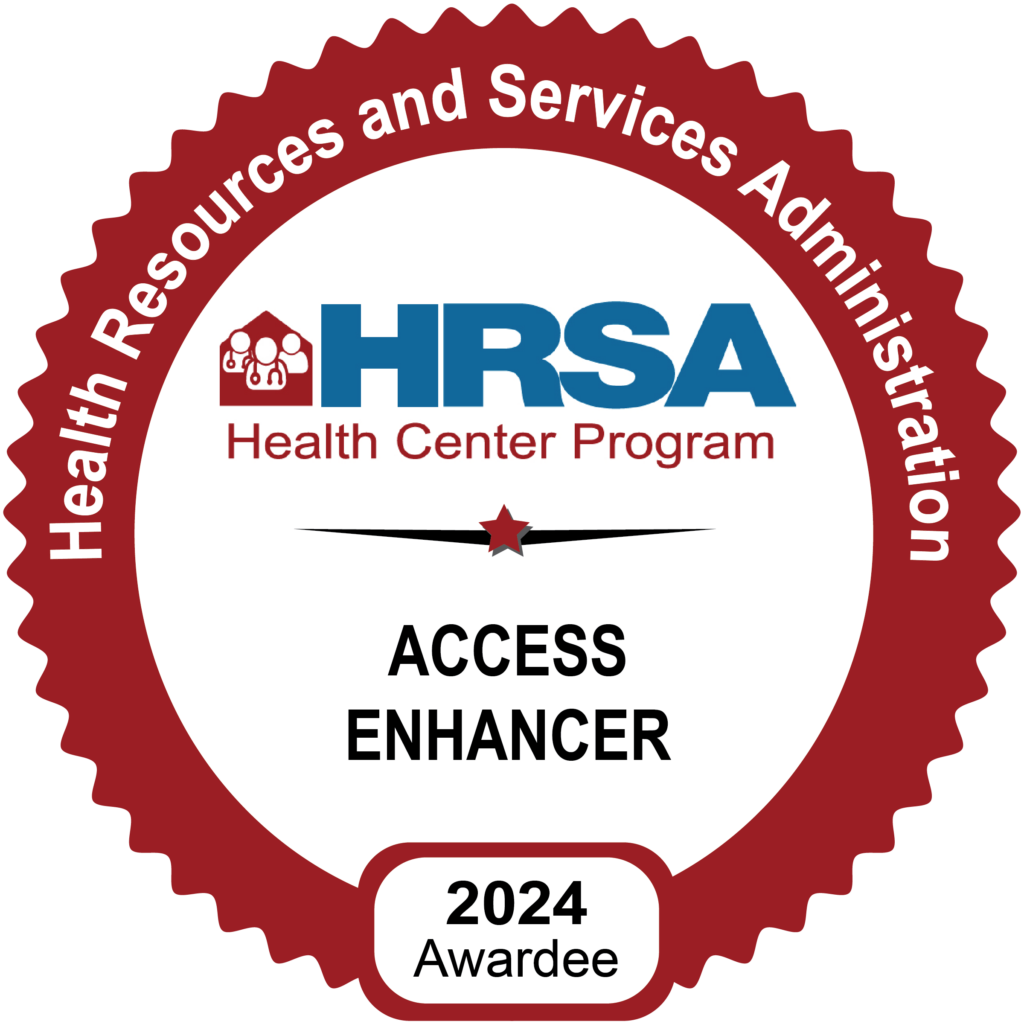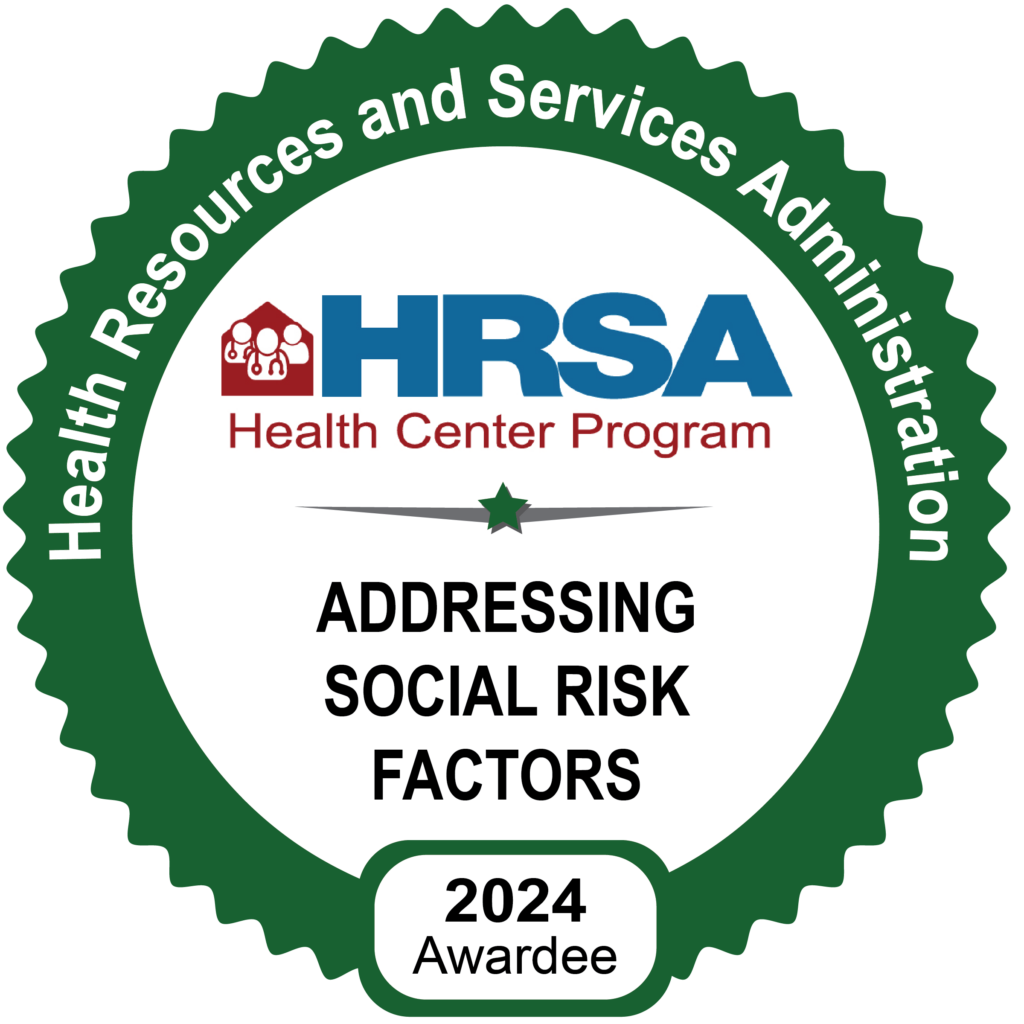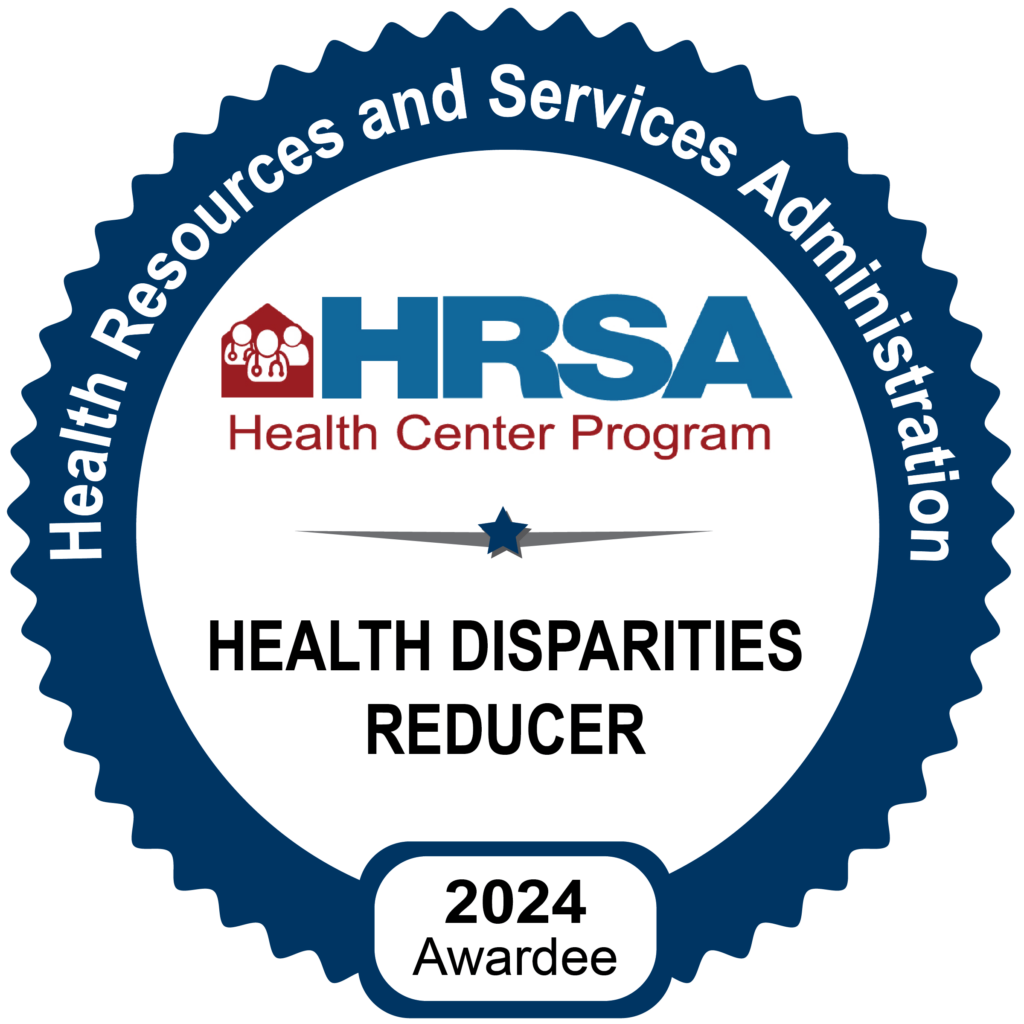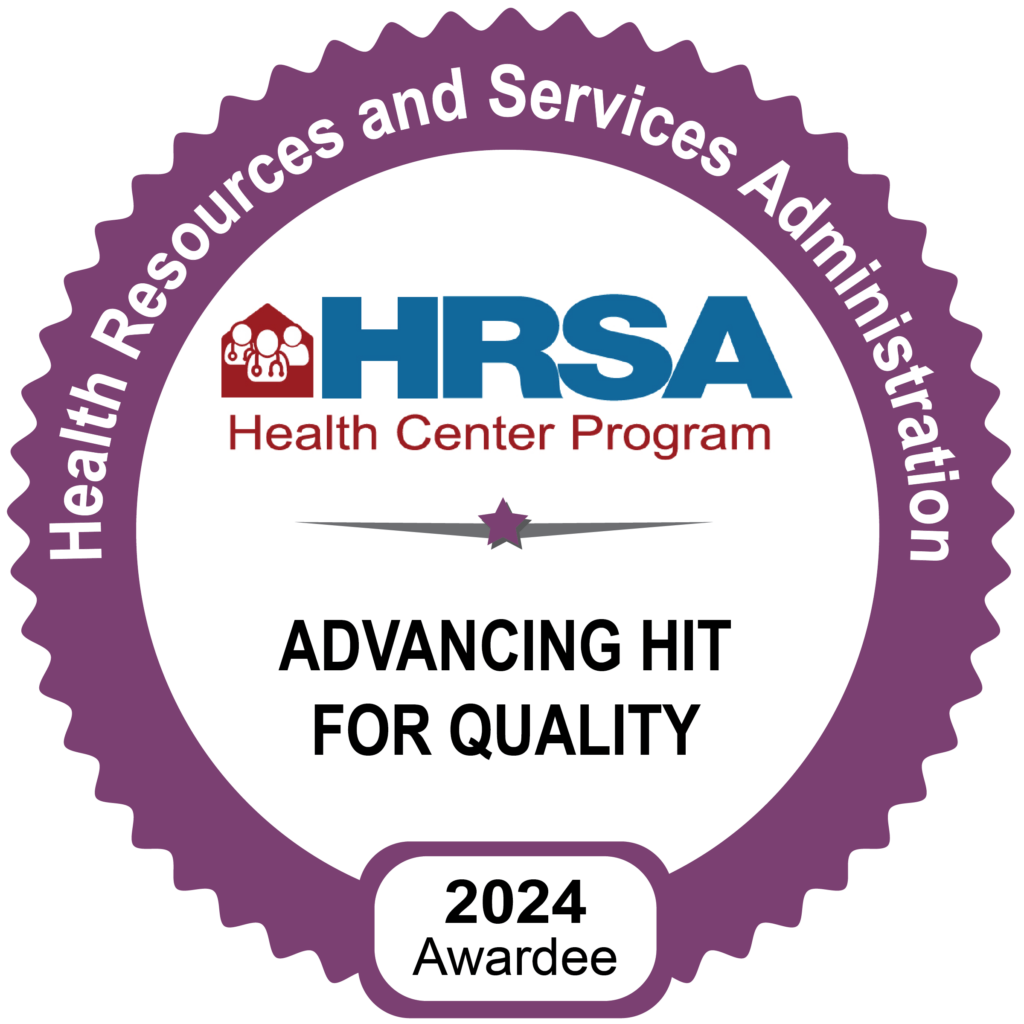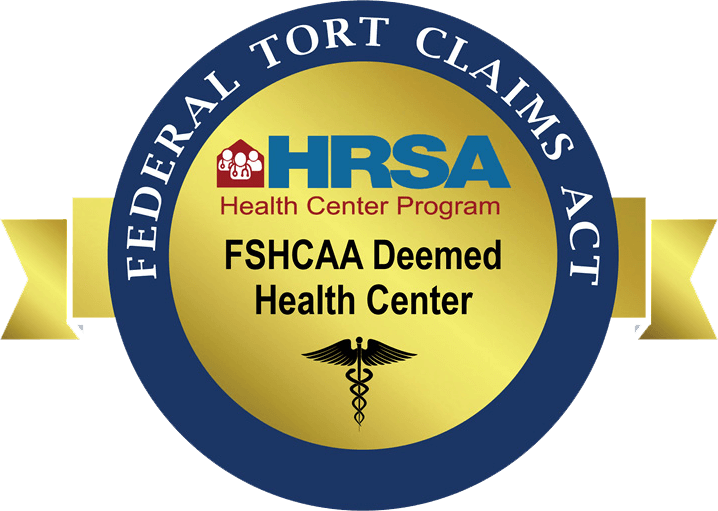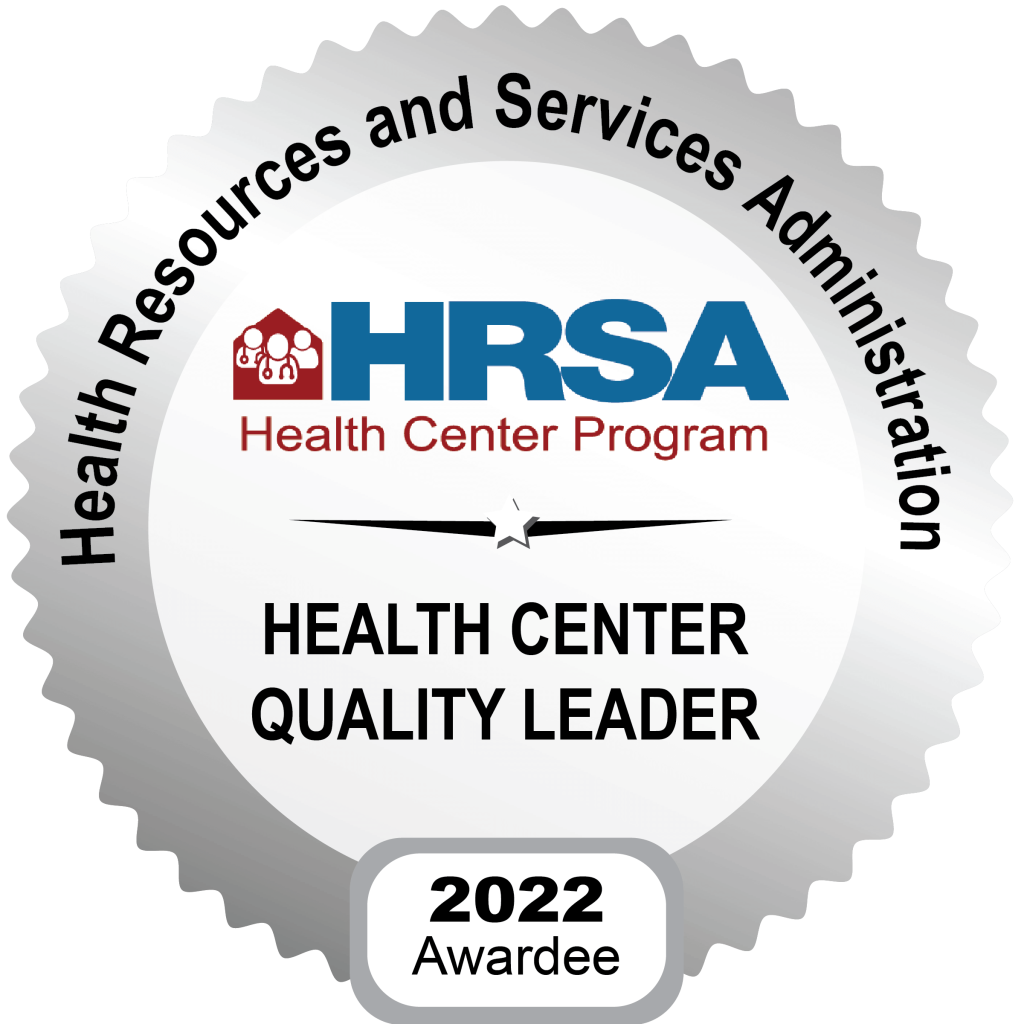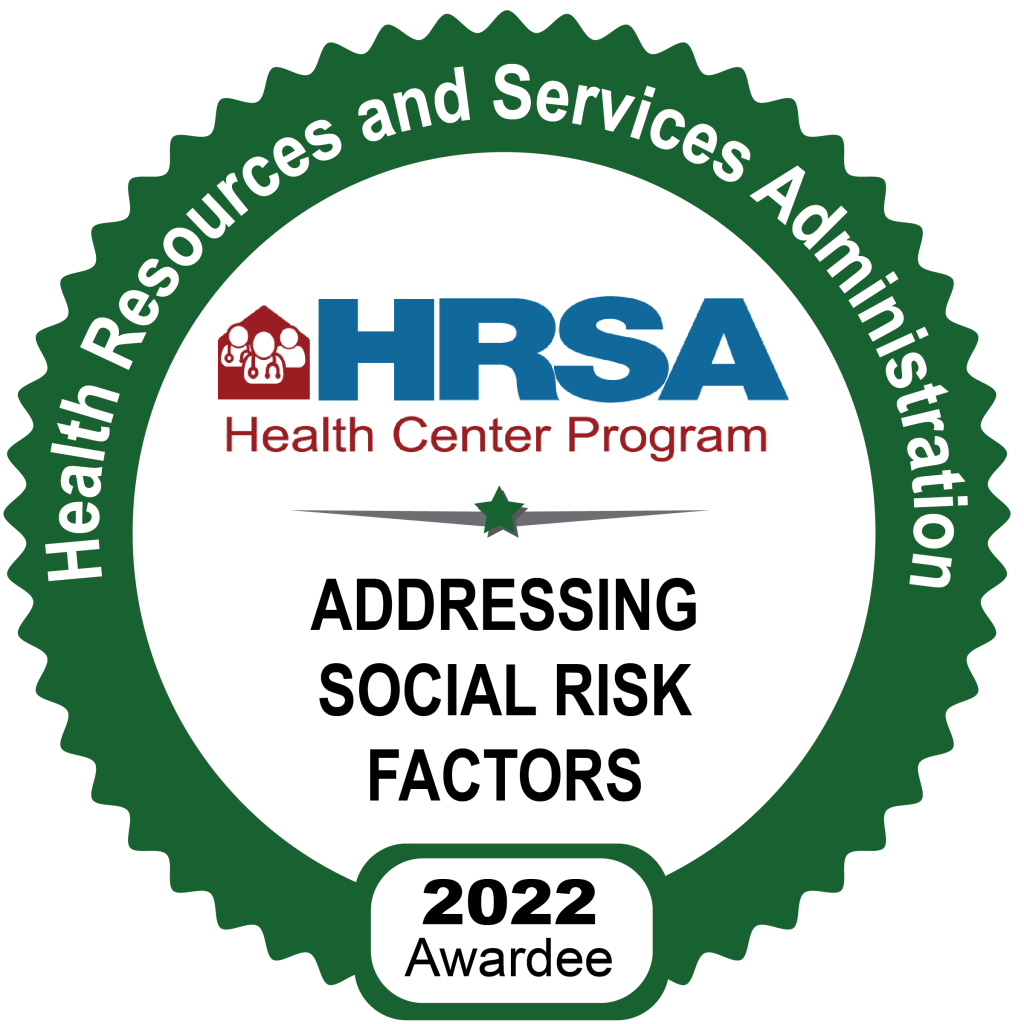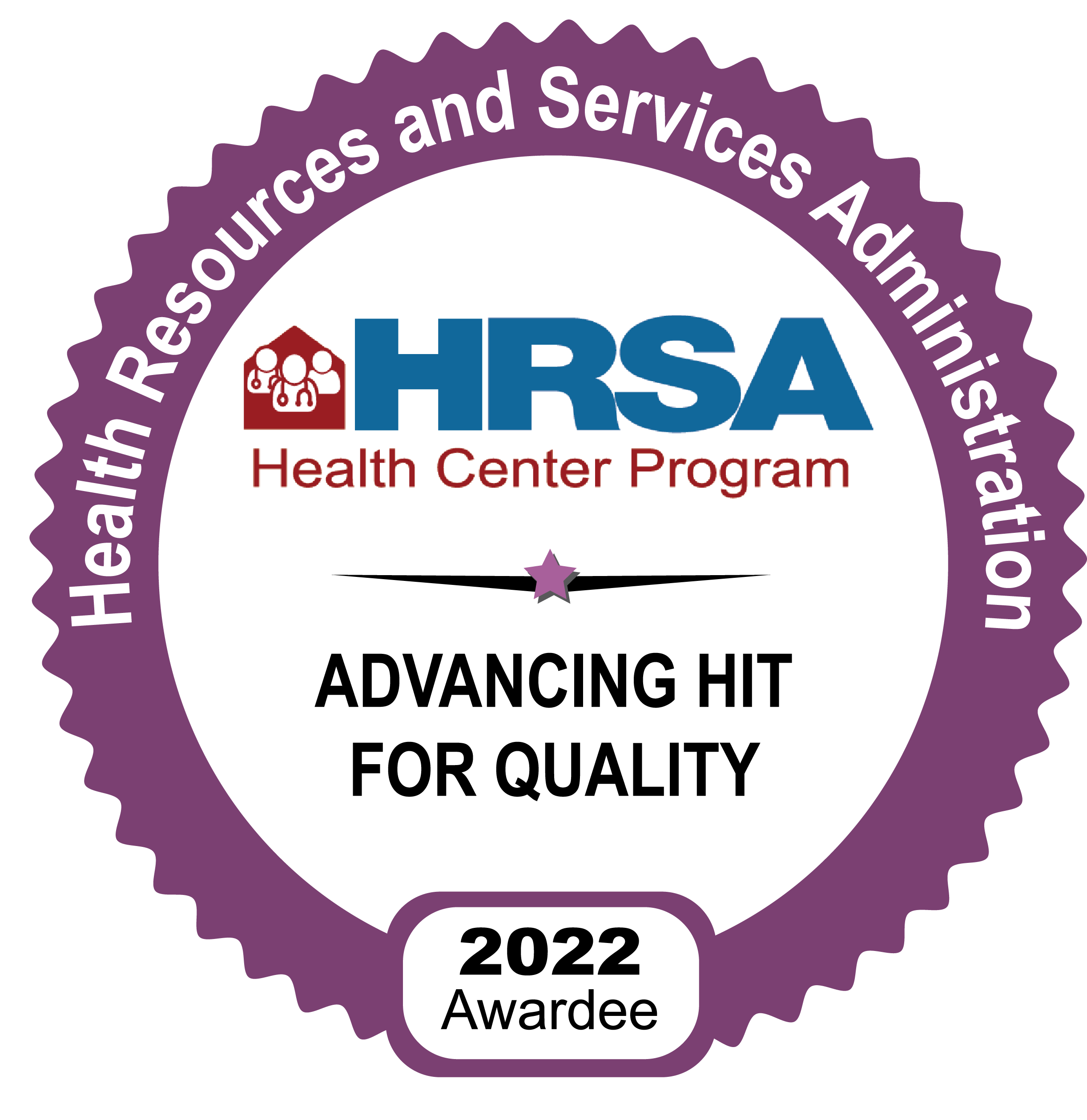6114 U.S. Hwy 301 S, Four Oaks, NC 27524
About
Services
Locations
6114 U.S. Hwy 301 S, Four Oaks, NC 27524
This link leads to the machine-readable files that are made available in response to the federal Transparency in Coverage Rule and includes negotiated service rates and out-of-network allowed amounts between health plans and healthcare providers. The machine-readable files are formatted to allow researchers, regulators, and application developers to more easily access and analyze data.
